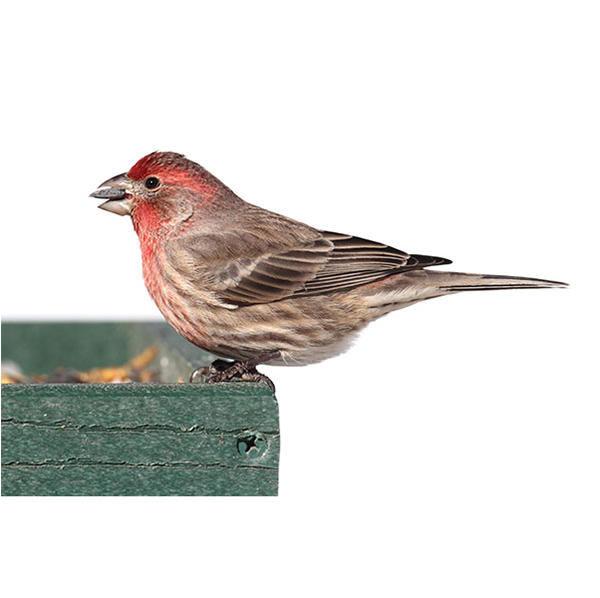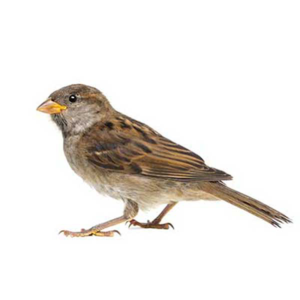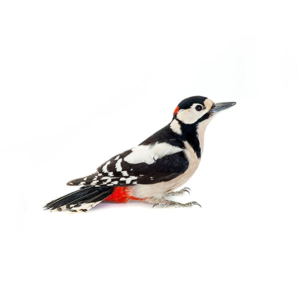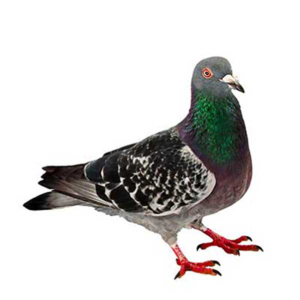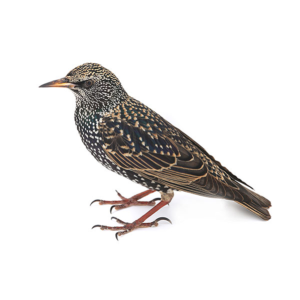House Finches in Anaheim
House finches typically engage in breeding activities from March to August, during which they have between three and six sets of eggs. At the beginning of summer, the female will construct a shallow, cup-like nest in a sheltered area such as a tree hollow or shrub. After laying the first set of eggs, the male will feed the offspring while the female constructs another nest for the second set of eggs. Within 20 days, the original fledglings will leave the nest, and the male and female will repeat the process with their next offspring.
House Finch Habitat
As social birds, house finches often live in large flocks. They prefer to live outside but are drawn to settled habitats such as urban centers, backyards, farms, and city parks. If they invade your home or business, they’re likely to settle in a protected spot like a chimney or an attic. The finches are particularly attracted to areas with easy access to food, and they’re frequently spotted collecting food from nearby bird feeders. Since they gather in such large groups, house finches can be quite noisy and disruptive to a neighborhood.
House Finch Behaviors, Threats or Dangers
As with any bird, house finches can cause real problems for local home and business owners if they settle too close. They can destroy your yard while scavenging for fruits or seeds, making them a real nuisance for gardeners or farmers. Their droppings and nesting debris can also cause quite the eyesore. That said, house finches are protected by the Federal Migratory Bird Treaty Act. If you are struggling with an infestation, it’s best to work with a licensed bird removal company. They will be able to implement prevention and exclusion efforts that are in compliance with all laws and regulations.

